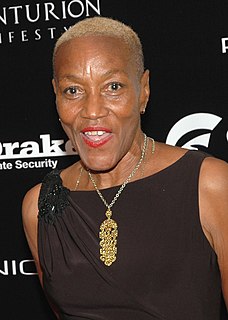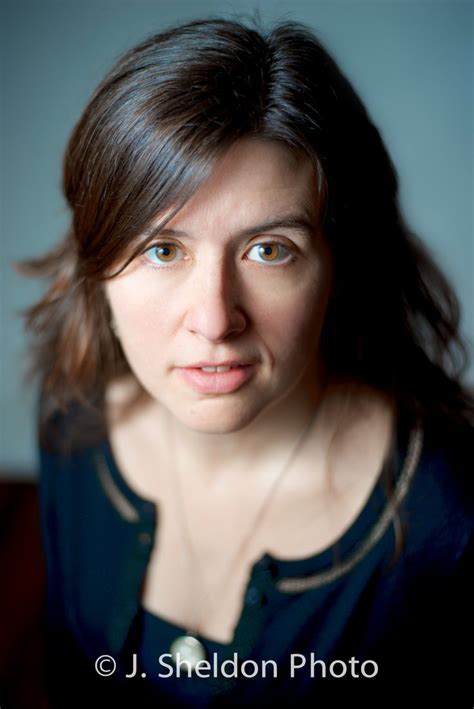A Quote by Paolo Giordano
Why did you choose to stay here?" (...) "I don't know," he said. "It's as if there's more oxygen here.
Related Quotes
I didn't choose to be white, I didn't choose to be male, I didn't choose to be heterosexual, I didn't choose to be right-handed. Those are the givens of life. And I don't know why the church can't deal with that, why they can't understand that. Well, I do know why: because people are always afraid of anybody who's different.
People said things they didn't mean all the time. Everybody else in the world seemed able to factor it in. But not Lena. Why did she believe the things people said? Why did she cling to them so literally? Why did she think she knew people when she clearly didn't? Why did she imagine that the world didn't change, when it did? Maybe she didn't change. She believed what people said and she stayed the same." (Lena, 211)
My father once told me that a happy ending is just the place where you choose to stop telling the story. So this is where I choose to stop. More things are still going to happen, of course, some good, some bad. Some things never get any better. When people die they stay dead. None of us knows why we love, or why we stop loving, or why everyone we love we lose.
What say you, Luxa?" said Vikus. "What can I say, Vikus? Can I return to our people and tell them I withdrew from the quest when our survival hangs in the balance?" said Luxa bitterly. "Of course you cannot, Luxa. This is why he times it so," said Henry. "You could choose to - " started Vikus. "I could choose! I could choose!" retorted Luxa. " Do not offer me a choice when you know none exits!" She and Henry turned their backs on Vikus.
When I was young, I don't know how, I spent all my time in the presence of married women telling me their troubles. And when I said 'Why did you marry?' they said, 'Oh I married to get away from home.' And when I said, 'And why don't you leave him?' they gave the saddest answer in the world: they said, 'Where would I go?' So they stayed with men they didn't like because they had nowhere to go.
This is not just a simple story of "money can't buy happiness." Or maybe that's just what it is. And if it is, why shouldn't it be? Because if this is something we are already supposed to know, then why don't we know it? Why do we chase and scrabble and fight for things to flaunt, why? Why do we reach for power over other people, and through the thin superiority of our possessions, believe we have it? Why do we let money make people bigger, and allow those without it to be made smaller? How did we lose the truth in the frantic, tribal drumbeat of more, more, more?
What a laugh, though. To think that one human being could ever really know another. You could get used to each other, get so habituated that you could speak their words right along with them, but you never know why other people said what they said or did what they did, because they never even know themselves. Nobody understands anybody.
I was a bartender for a long time, so I know how to make drinks, but I'm more likely to offer them than to have them. I think this is one of the reasons why I get to live longer than my great-grandmother did, and why I get to produce more writing than she did, and why my marriage isn't in dire straits.




































